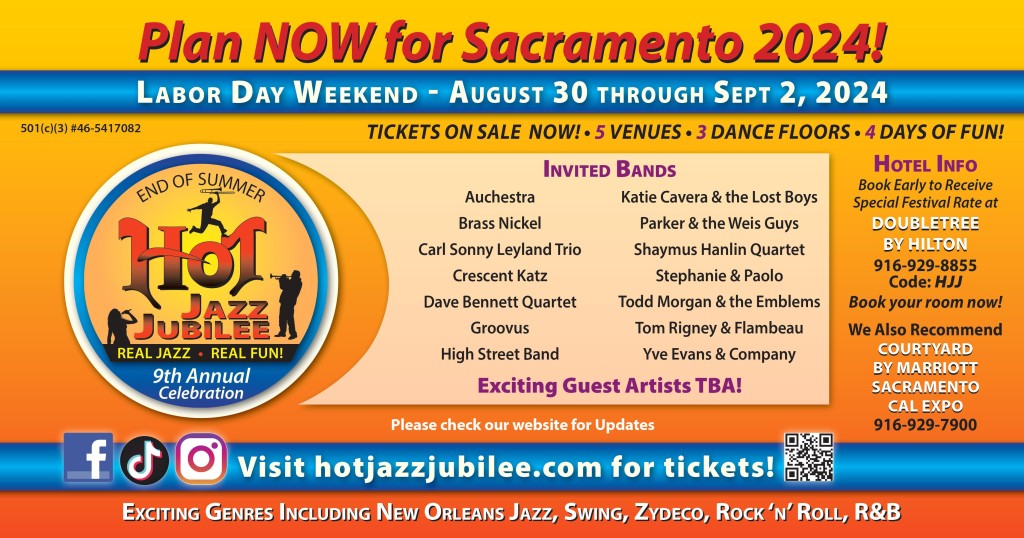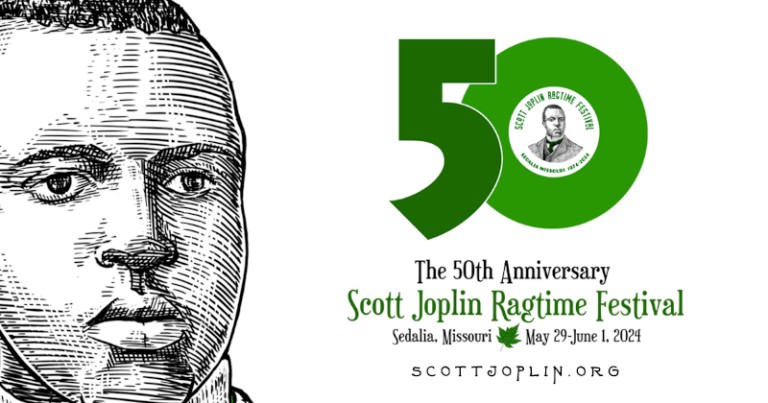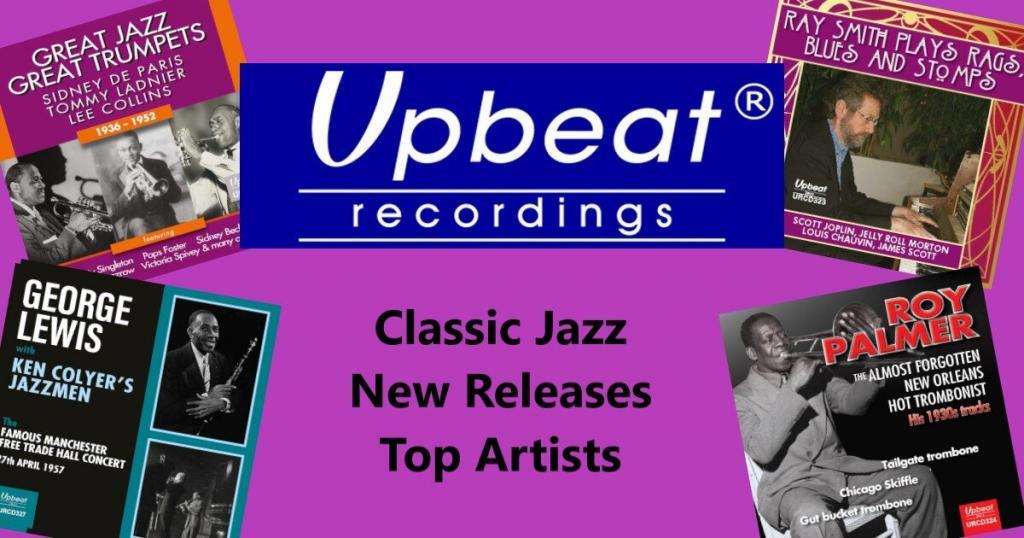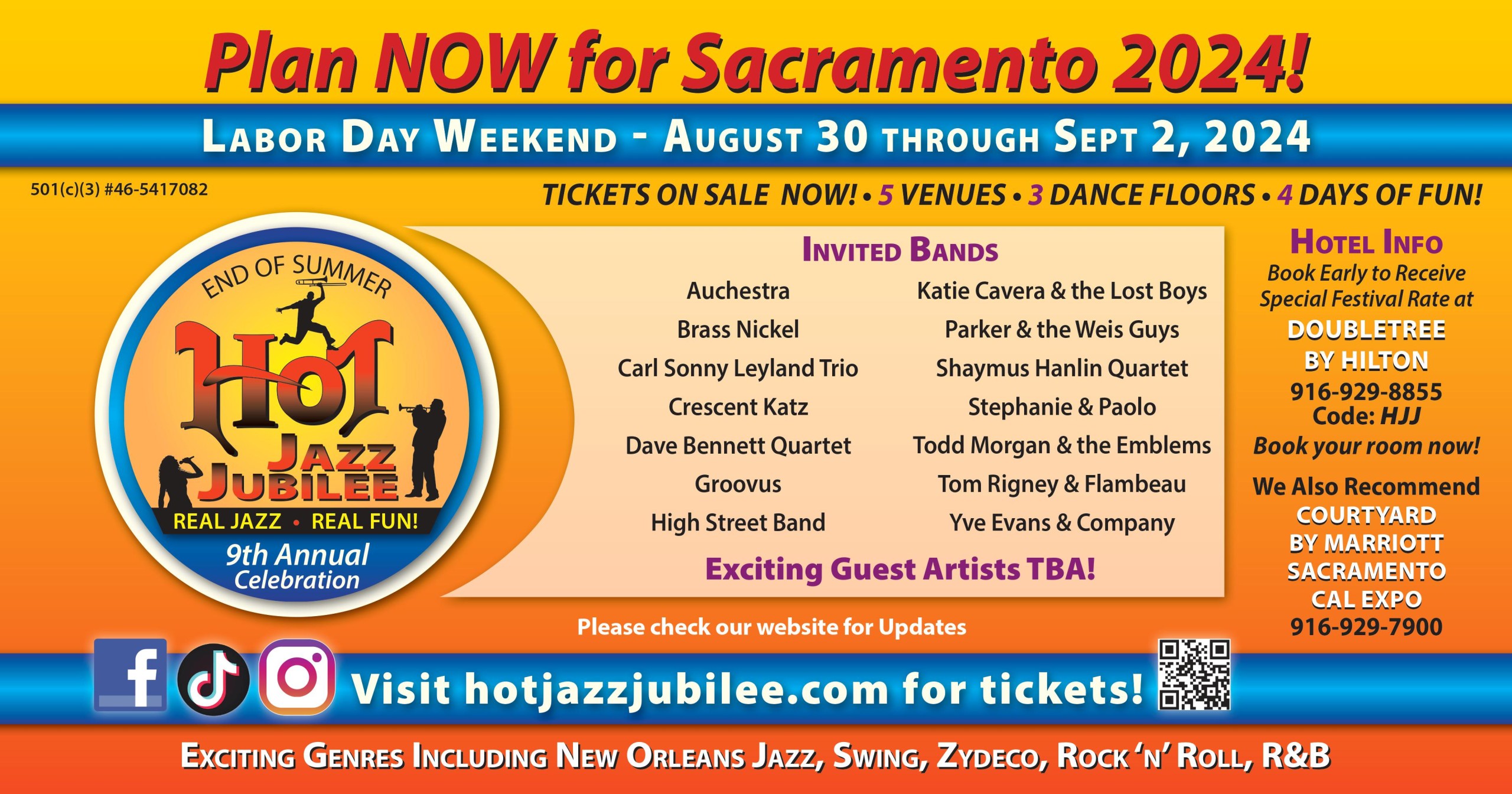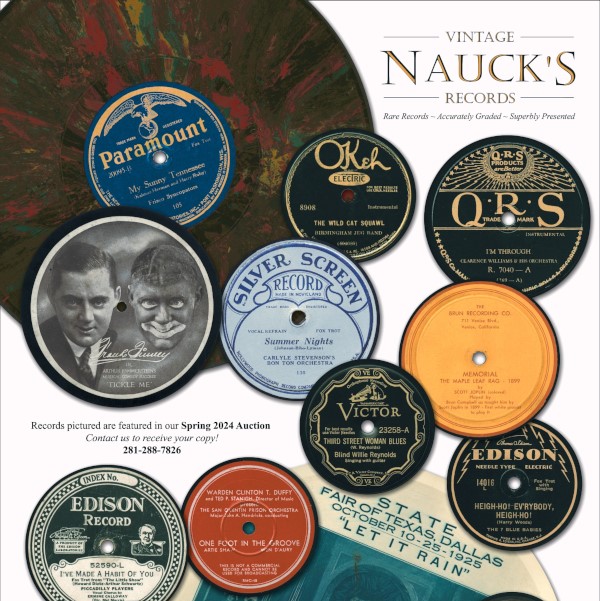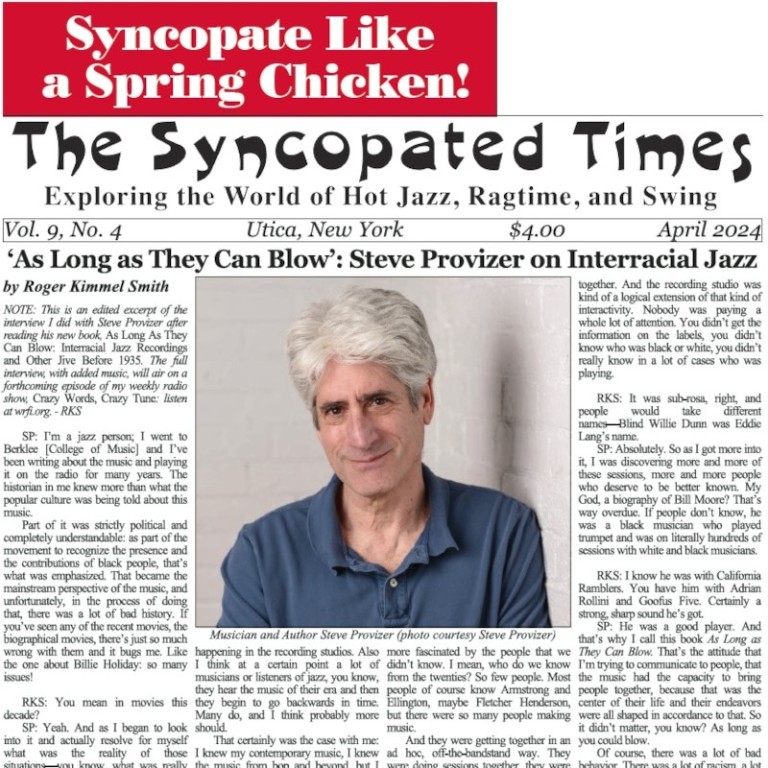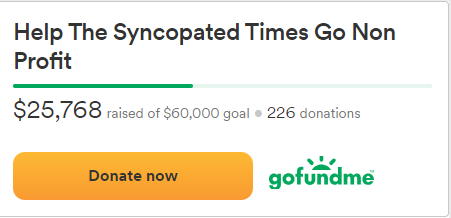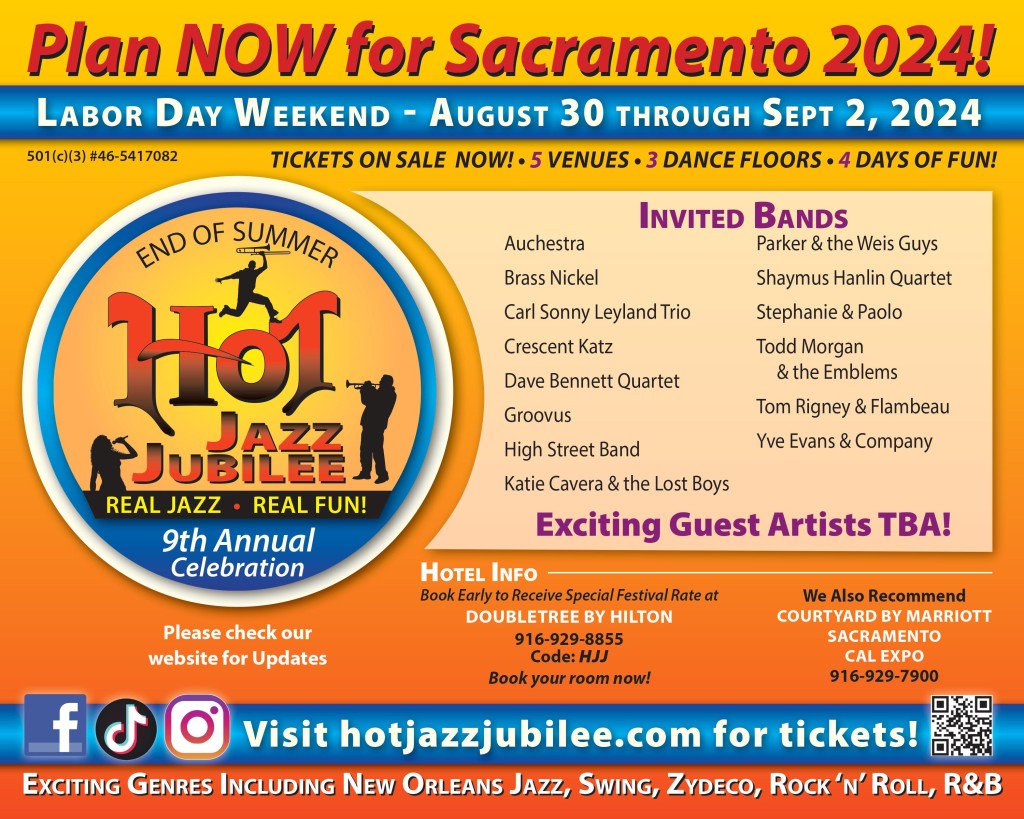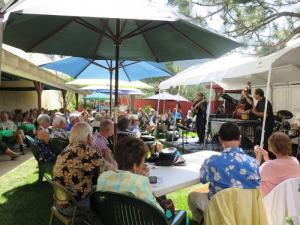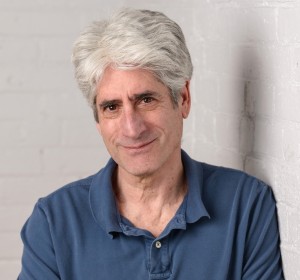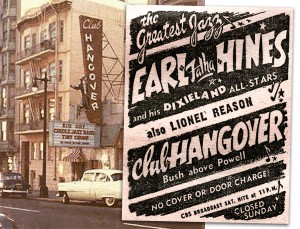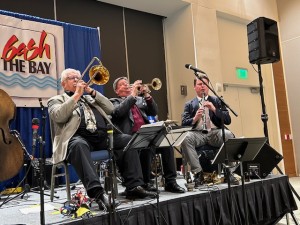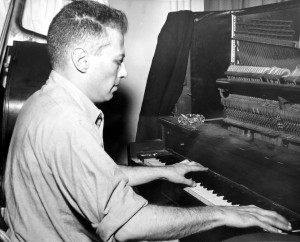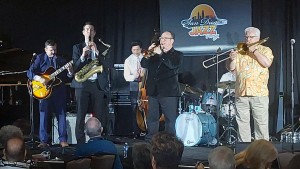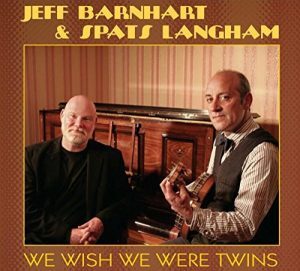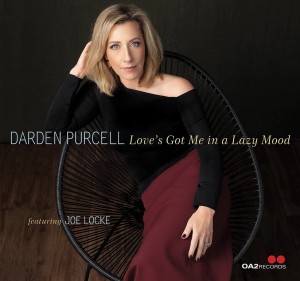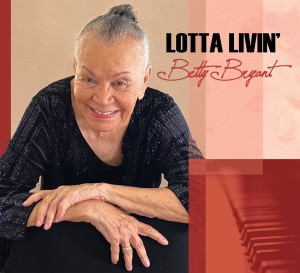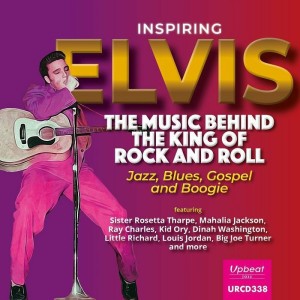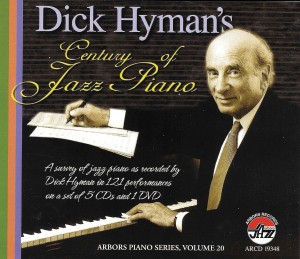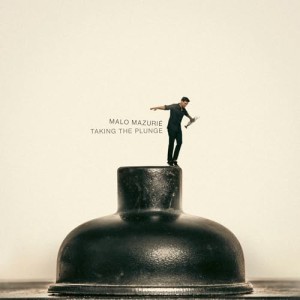When I was 11, I started playing piano. Not by choice—my mum somehow got her hands on a crappy old termite-holed-musical-disaster of a piano, and my brother and I started taking lessons. This was amongst other childhood activities politely put upon us by parents looking to find some talent in their kids, or perhaps hoping to develop the next sporting hero on whose salary they could advantage themselves an early retirement. It’s a good thing they had savings: my brother never stuck with any of it, and I became a jazz muso.
I’ll never forget my first piano teacher. Mrs. Darocha. From some European country that to my young mind was about as real as one of the planets in Star Wars. I’ll never forget her kind eyes. And her hands. As an old woman, the veins on her hands were—according to the coolness barometer of an 11 year old boy—the most amazing things ever. It’’s funny the things that inspire us. If it weren’t for those veins, perhaps I wouldn’t have continued with music and be here writing this article.
That’s the great thing about music. It forges connections with people you would never meet in a world without it.
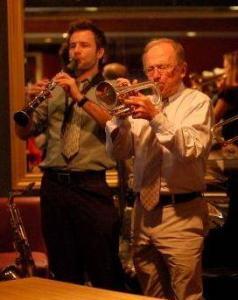
If I were to write out a list of the great people who’ve taught me over the years, especially since moving to NYC, the name Ed Polcer would be written in capitals. And underlined. Like Mrs. Darocha, he’s from another exotic place (New Jersey), but his hands aren’t nearly as veiny. Nobody’s perfect.
Now, when a jazz musician gets to a competent enough level (if I may be presumptuous enough to include myself) we don’t tend to “take lessons” in the traditional sense. We learn on the bandstand. In jazz, this is the way it’s always been. It’s the most important way. Ed teaches with his horn. The way to lead a band. How to phrase a melody. How to play with a good time feel. How to count off a tune, or to program a set. The right time to modulate. How to work the crowd. How to hold yourself. He’s part of a lineage of players passing down the tradition: lessons that can’t be learned by listening to recordings.
Ed plays the cornet, and the hours spent on the bandstand with him have been my finishing school. Whether he’s leading the band, or we’re both sidemen, there’s always a lesson to be learned.
And a musical family can be no different from a blood one. We see each other in all moods. And Ed can be a grumpy arse, albeit an entertaining one. Hearing his colorful criticisms whispered in my ear of a bandleader’s bad tempo choice or someone jiving a solo can be just as entertaining as hearing him play his horn. And his critiques are always valid, which is it’s own lesson on what’s hip. When you’ve shared the stage with some of the all-time greats like Ed has, you develop a low BS tolerance.
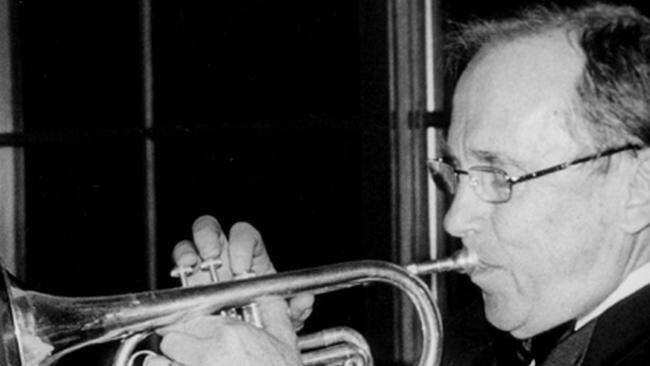
And despite the above observation, his unwavering spirit, open-mindedness, and positivity about the jazz scene are a breath of fresh air compared to the negativity often expressed by cats half his age. And no matter his mood, what comes out of his horn is always timeless.
And—he’ll probably disagree with this—but the restrictions placed on his chops from the realities of age have only made his playing more beautiful and profound.
This is a shout out of gratitude to one of the masters and, in my opinion, most underrated players of the NY trad scene. My teacher. The best music gets passed on by elders like Ed, for those willing to learn. Learning the language and tradition “in the moment” on the bandstand, and not in a classroom, is the spirit at the heart of this art form. And its strength. And I’ve been lucky in this regard to be his student—whether he likes it or not.
I can only hope I’ll live and grow to be the teacher one day, kicking some young player’s butt, to pass on the tradition with my (if I’m lucky) cool veiny hands.
Ed, if you’re reading this, thanks for everything. Oh, and sorry about the grumpy arse bit.
